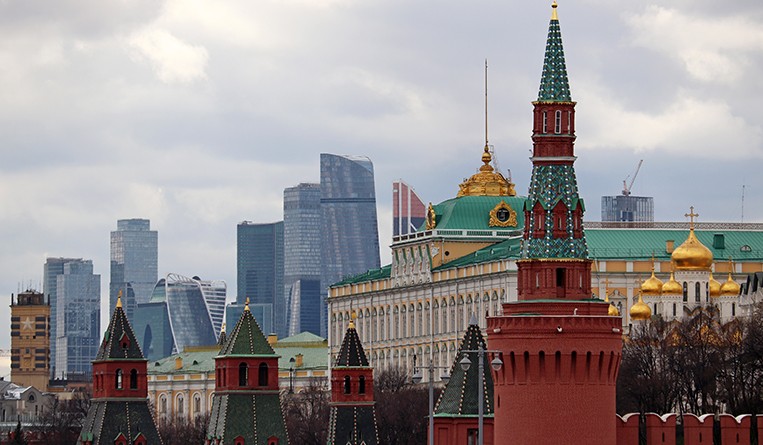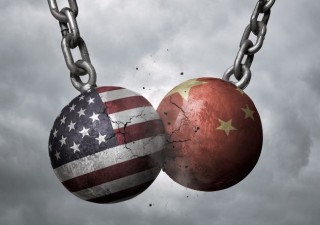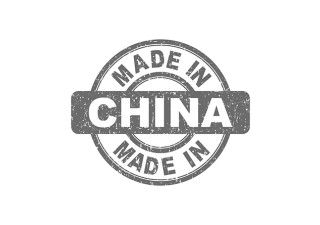Law on guard of intellectual property
30 April 2024

Law on guard of intellectual property
IP law is always in the focus of attention of the legislature. Enforcement is an inseparable part of the law. Currently, enforcement measures are included in several laws. The civil code contains a number of provisions covering all subject matters that allow IP owners to sue infringers within the framework of civil court cases. Those provisions provide that an IP owner may claim damages, lost profit or compensation. Damages and lost profits need be proved during the hearings while compensation may be simply claimed from R10,000 to R5 million (US$109 to US$54,000). The claimed amount of compensation may, though, be moderated by the court depending on the circumstances of the case.
There are also other supplementary laws in this context.
The law on administrative offences contains Article 7.12 that provides enforcement of patent rights. Unlawful use of an invention, utility model or industrial design entails a small fine for individuals (R2,000 (US$22)) and a bigger fine for legal persons (R40,000 (US$434).
Article 14.10 concerns trademarks and other means of individualization. Unlawful use of a trademark, service mark, or appellation of origin of goods entails imposition of fines: up to R10,000 on individuals and up to R200,000 for legal entities with confiscation and destruction of infringing goods in all cases. The above provision implies the import or sale of counterfeit goods. If the goods are manufactured and unlawfully labeled for the purpose of sale, the fine will be in the amount of double the cost of the manufactured goods with confiscation and destruction of goods if these goods are manufactured by an individual. In the case of legal entities, the fine will be five times the cost of the counterfeit goods.
Civil and administrative proceedings are most often used in the enforcement of IP rights. If the infringement is of a more serious nature, the criminal code comes into play.
There are two articles in the criminal code dealing with intellectual property. Article 147 of the criminal code concerns the enforcement of patents. It sets forth that unlawful use of an invention, utility model or industrial designs, disclosure of information relative to those subject matters prior to official publication and misappropriation of inventorship; if these actions inflicted heavy damage, they shall be punished by a fine in the amount of R200,000 or other income of the convicted person during the period of 18 months, or obligatory work of up to 480 hours or forced labour during two years or imprisonment for that term.
The law does not explain the meaning of the term “heavy damage”. This is referred to the discretion of the court. The courts should evaluate the damage proceeding from the circumstances of the particular case, i.e. the amount of real damage, lost profit suffered by IP owner and other circumstances.
The law also distinguishes between obligatory work and forced labour. Obligatory work is work that the convict must do in his free time and without payment. Forced labour is that which the convict should provide while living in a correctional facility and earning money, a large part of which is withheld by the government.
Another section of the criminal code deals with trademarks (Article 180). It sets forth that unlawful use of a trademark or appellation of origin or similar designations belonging to another person, if repeated or if it caused heavy damage, shall be punishable by a fine in the amount of up to R300,000 or other income of the convicted person during the period of two years, or obligatory work of up to 480 hours or corrective work for up to two years, or forced labour during two years or imprisonment for that term with a fine up to R80,000 or other income of the convict for a term of six months. Unlike the indefinite amount in case of patents, heavy damages in trademarks was earlier set at R250,000.
Corrective work is similar to obligatory work. The difference is that a person works in his usual environment, but a large part of his salary goes to the government. Such work cannot last longer than two years.
As can be seen, the criminal code sets higher standards for infringement and imposes heavier punishment in comparison with the civil code and the code of administrative offences. There is no compensation option, though proving damage is equally difficult.
The number of criminal cases is much lower than the number of civil and administrative cases. Statistics for 2022 show that there were more than 27,000 civil cases, about 5,500 administrative cases and only 605 criminal cases.
Recently, the law mitigated the criminal penalty for trademark infringement. The penalty for heavy damage was raised from R250,000 to R400,000, which means that cases below R400,000 will go to commercial courts. Punishment for unlawful warning marking in respect of unregistered trademarks was excluded from the law altogether.
In general, these changes will not impair the enforcement of trademark rights because of the sheer negligible number of criminal cases in comparison with other enforcement options and the advantages of civil enforcement giving more opportunities to garner high compensation or damages.








